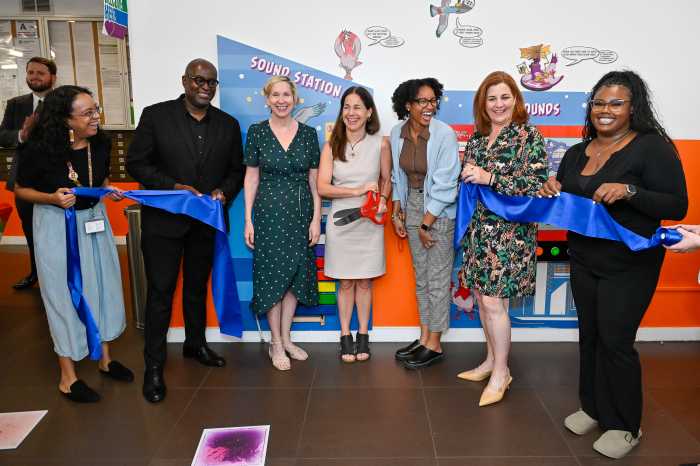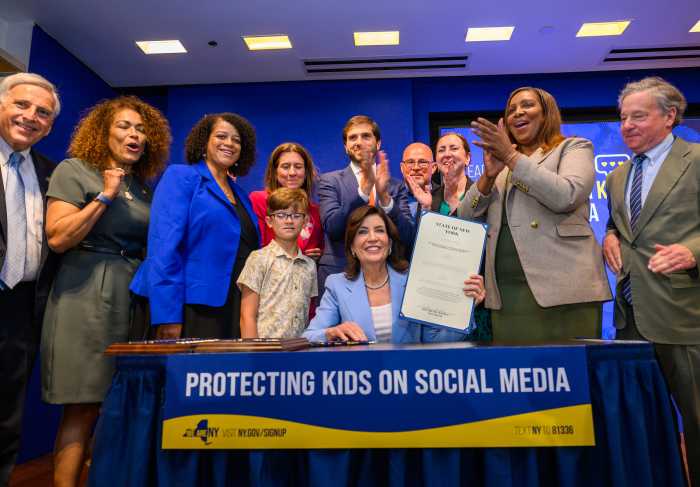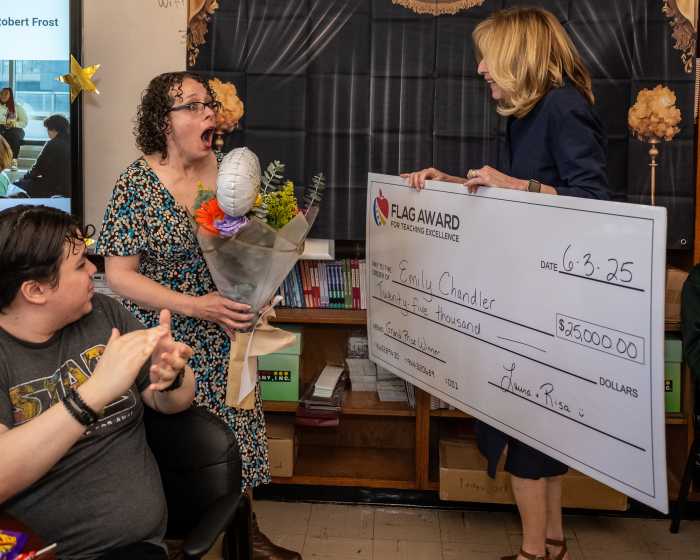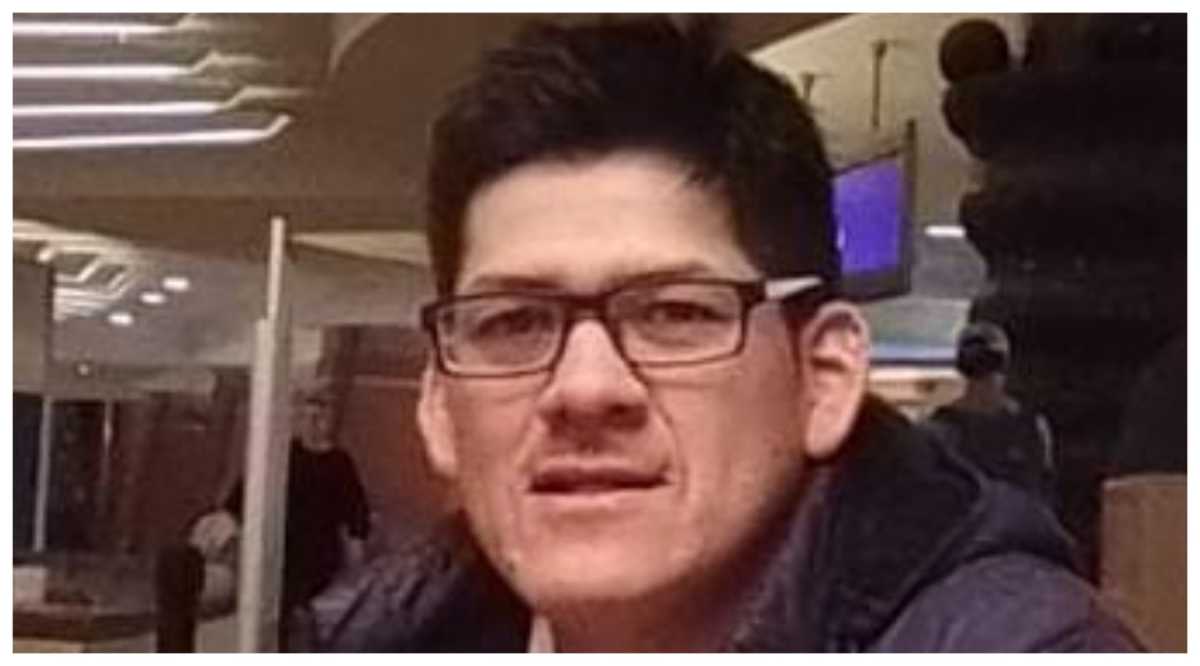My kids are both avid readers and often can be found with their noses buried deep into books. They take out a stack of graphic novels and various editions of their latest favorite series that hits well above their little noses whenever we meander down to the local library, and they make it through that stack long before the due date (even though the heavy fines we owe from forgetting to bring all those books back on time don’t reflect that.)
“Wow, that’s great your kids love to read,” friends and onlookers will say when we’re out somewhere and the kids can barely look up from their current paramour.
I smile, then nod or answer thanks. I am too embarrassed, usually, to tell the truth about my feelings: My children’s great love of books scares the living &*%$ out of me.
As a longtime reader and writer, I know one thing for sure: books aren’t real. Even when non-fiction, they are fictive realities that barely resemble the harsh situations of life. There is a blurring, a mitigating of even the worst of the world’s wretchedness. Words on a page are a salve so a few living, breathing humans could impart in 3D to other living, breathing humans. Even the writers of those words didn’t have a clue — and yes, even before Facebook — about how to interact in real time.
What worries me so very much about my children following in my footsteps and absorbing themselves nearly constantly in books is that their virtual life, their fantasy life, will far surpass their real one, so that they might never even try to create a real life, knowing full well it could never match up to the worlds they find between the bindings of their favorite tomes.
It is a very scary possibility these days, even more so than when I was growing up, that one can live without relying on other physical beings. A mother recently shared the sad fact that while she built and decorated a beautiful downstairs living area in her brownstone in the hopes that her teenage daughter might hang out there with her friends, she discovered instead that “kids today just like to interact on Facebook, not face to face.” The once-imagined rec room is now her office, and her daughter sits upstairs at her desk, on her computer.
I find myself doing the same — waking up early to search around on Facebook for who might be up, not that I would, probably, even chat with them. I am content, like I once was with books as a kid, just observing them like animals in a cage, learning about people from afar.
It is lonely, though, being an outside observer rather than a participant. As a parent, I want my kids to skip over the hard parts of life and just jump in, smiling, with both feet, to whatever situation they encounter. Yet, I can see clearly that their expectations for people and places and possibilities have already been mightily skewed by the worlds they have encountered from writers wishing to escape their own hum-drum realities by creating fantastical magical escapes for others.
I realize in my fear and loathing of books that I am a huge hypocrite. I am a writer largely because books saved me as a kid, as they often do my own children, from those moments when I might otherwise have felt sad about not connecting with another person. If on the playground I didn’t feel accepted, I would take myself to the nearest tree and find characters whom I was sure would laugh at my jokes or happily play the game my way if they should suddenly pop out from the page.
I related this reality to my 7-year-old recently when he expressed concern over whom he would hang out with next year when his best friend moves away.
“Maybe,” he said, placating himself, “I’ll just bring Harry Potter out to recess.”
I told him then of my own escapist moments in elementary school, when the long branches of the few trees that dotted the dusty playground beckoned me and my latest discovery from the new school library. But I also prompted him to think more about connecting with actual new friends.
“You always have to try, to give people a chance,” I said, knowing as I said it, of course, how hard and hurtful such efforts can be.
I thought then, as I often do lately, that I should give away my books and tear down my many built-in bookshelves in favor of throwing parties and having people over every day and night just to set a good example. But, of course, it was hard. Making plans with real people in the new digital age, through so many texts and e-mails, is often far harder than finding a like-minded, understanding voice in my very living room, right on the shelf.
As school came to a close last week, Oscar and I had a rare day together, alone. We went to lunch, and I, scared of “boring” him as he often complains, suggested we bring books. Finding the sixth Harry Potter not quite as scintillating as the others, he brought Pokemon cards, and I brought Jennifer Egan’s prize-winning “A Visit From the Goon Squad.”
I am proud to say that I didn’t crack my book open once, and Oscar soon put his Pokemon cards in his pocket. We talked, actually, as we sat on our little stools at the counter. It is something I vow to do more of this summer, talking to actual people, something I want and need to model for my kids so as not to lose them entirely to the illuminating yet limiting world of literature.

























